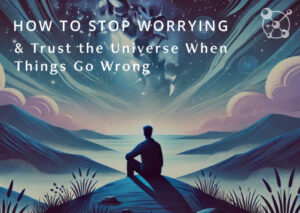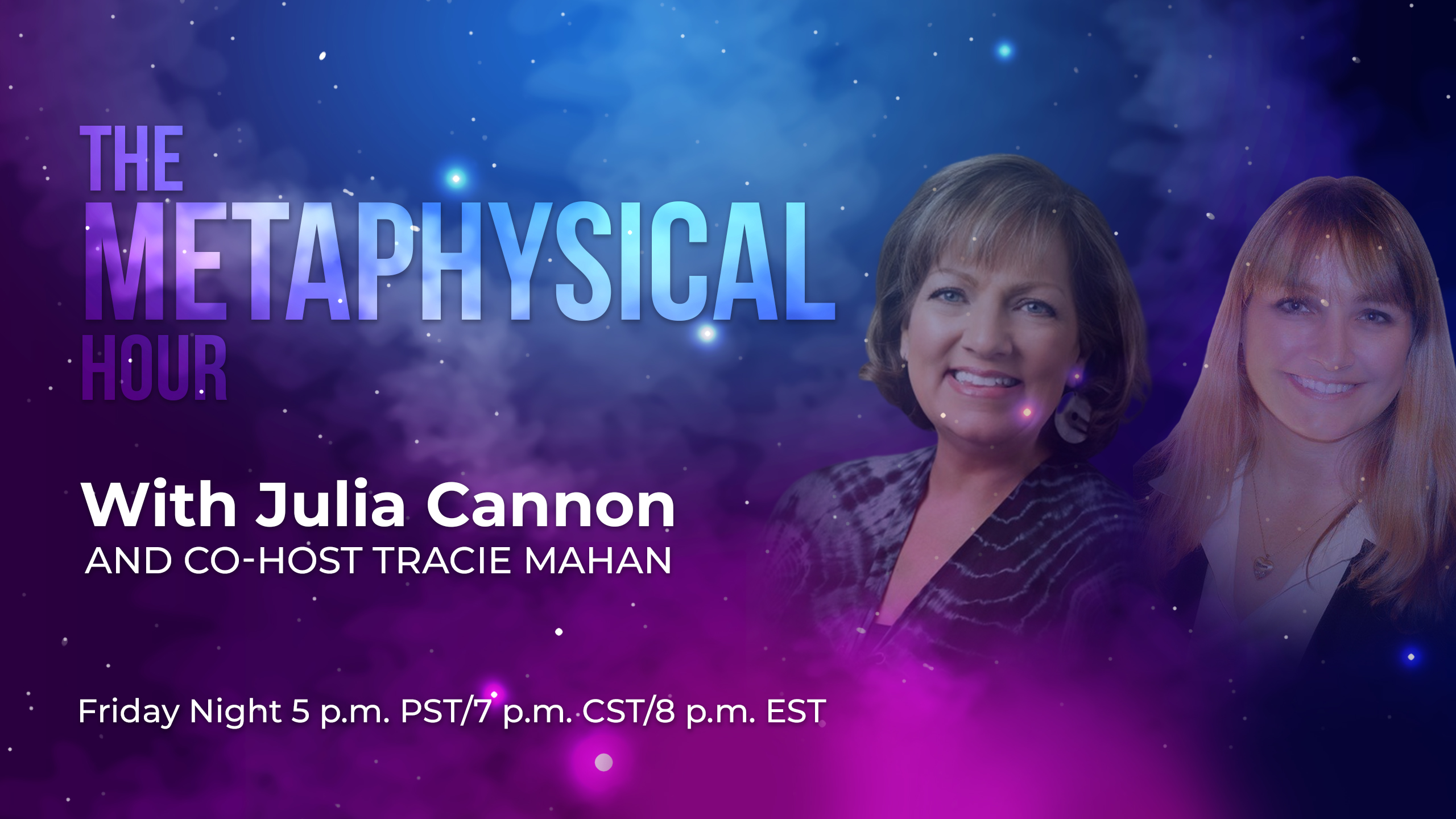Have you ever wondered if there might be a hint of toxicity lingering in your personality? Brace yourself, because we’ve got just the thing to unveil those sneaky traits. Our latest quiz is designed to unravel the mysteries of toxicity that might be hiding beneath the surface. After answering just a few questions, you will finally see the toxic behavior you portray that might be tarnishing your character.
Table of Contents
What’s my toxic trait? Take the toxic trait test to find out!
 Every single human on planet Earth has a few toxic personality traits. These toxic behaviors, which can be subtle and sneaky, find their way into our lives and mess with our relationships and personal well-being. What’s interesting is that many of us don’t even realize we have these toxic traits. It’s like having a blind spot that prevents our personal growth. However, it’s not like we’re trying to be toxic on purpose; it’s just that these behaviors have become a normal part of our routines, and we don’t notice them.
Every single human on planet Earth has a few toxic personality traits. These toxic behaviors, which can be subtle and sneaky, find their way into our lives and mess with our relationships and personal well-being. What’s interesting is that many of us don’t even realize we have these toxic traits. It’s like having a blind spot that prevents our personal growth. However, it’s not like we’re trying to be toxic on purpose; it’s just that these behaviors have become a normal part of our routines, and we don’t notice them.
The journey to understanding ourselves can be eye-opening and tough. But it’s the realization of such things that can only bring more love into your life. This means taking a good look at how we act and think, as well as how we treat others. Maybe you have a tendency to be too defensive when someone is offering constructive criticism. Or, maybe you are too critical of your loved ones. The cool part is that there’s a chance to change and grow—turning these challenges into opportunities for self-improvement.
That’s where our quiz comes in. The reason for it is to bring those shadow aspects of your personality to the surface. It’s not about making you feel bad or guilty. This quiz is here to help you discover yourself without judgment. It’s not about shaming you for having these traits, it’s about turning them into strengths. Because, in the middle of our imperfections, there’s a chance for strength, adaptability, and a more respected life. So, let’s take this journey together, figuring out our quirks, and start working on letting that part of you go.
So, here it is; the quiz you’ve been waiting for. Remember, there is no wrong answer to this quiz, nor a better result than others. The point is to highlight your weaknesses so you may make them your strengths.
How to interpret the toxic traits in yourself quiz results
This quiz is set as multiple choice. You will see questions that have various answers listed below. You must read them thoroughly and choose the one you relate to most. Remember, honesty is the best policy. This quiz is designed to help you turn your adversities into advantages, so there are no wrong answers here.
What is my toxic trait quiz result
There are many toxic personality traits, but we have focused on some of the more common ones that people tend to display. They are the following:
Playing the victim
Incessantly playing the victim in situations, this toxic trait means the person deflects responsibility by blaming external factors for their troubles. Meaning, they never take accountability for the things that happen to them, or what they might do to others. This habitual blame-shifting takes a massive toll on the person’s relationships with others, as well as their personal development.
Too Defensive
Reacting unnecessarily to anyone who may say otherwise. If someone disagrees with them or says something that directly contrasts their ideas, they will stop at nothing to defend their self-image. Their defensive nature comes from taking things too personally, and are unable to see the constructive side of criticism. This trait makes it hard for their loved ones to reason with them, damaging their relationships and preventing any form of healthy communication.
Too Competitive
Being too competitive can be toxic because it makes people overly focused on winning, even if it harms teamwork. It creates a stressful environment, leading to conflicts and damaged relationships. Being competitive may stem from never receiving praise from the people you looked up to when young, but there are many different things that can trigger a competitive nature. Ideally, one should be happy with the effort they put into their work or leisurely activities.
Not Communicating
Not communicating is toxic because it leads to misunderstandings and conflicts. Avoiding open communication breaks down relationships and makes teamwork difficult. It’s like trying to solve a puzzle without sharing important pieces. These people will stifle their own voices just for the sake of others. This is not a healthy environment for well-being.
Constantly Seeking Validation
Constantly seeking validation is toxic because it makes you rely too much on others’ approval. It shows that the person is uncomfortable in their own skin and they need external validation to feel respected. It can lead to compromising your true self for the praise of others.
People Pleasing
People-pleasing is toxic because it means putting others’ approval above your own needs. It often leads to burnout and strained relationships, sacrificing your well-being. It’s like always saying “yes” to others but “no” to yourself. Balancing your needs and being true to yourself is healthier and more sustainable.
 Non-Negotiable
Non-Negotiable
In life, we are often required to make compromises with others. Whether it be for our work colleagues or our friends and family. Some people struggle to do this. They live a life refusing to negotiate as if it’s their way or the highway. This is highly toxic because it displays a selfishness that will surely push those closest to them away.
Judgmental
Many people have this toxic trait without even realizing it. It’s almost as if they look down on other people from different circumstances, and place themselves on a pedestal. People must learn to love others for who they are, or just accept their differences without thinking they are better.
Psychological Perspective on Toxic Traits
Understanding toxic traits requires not just self-reflection but also grounding in psychological theories. These behaviors, such as being too defensive or people-pleasing, can often be linked to deeper cognitive and emotional patterns identified in psychological research. For example, defensiveness can be understood through the lens of cognitive dissonance theory. This theory, developed by psychologist Leon Festinger, suggests that when individuals experience conflicting thoughts or behaviors, they are motivated to reduce the discomfort by justifying or defending their actions. In the case of being overly defensive, people might feel threatened by criticism and react defensively to protect their self-image, even when it’s not productive.
People-pleasing behavior, another common toxic trait, can be examined through attachment theory, which explores how early childhood relationships influence emotional patterns later in life. Research by Bowlby and Ainsworth shows that individuals with anxious attachment styles may become people-pleasers, seeking validation and approval as a way of feeling secure. These patterns often stem from a fear of abandonment or rejection, leading individuals to prioritize others’ needs over their own.
Further, judgmental tendencies align with social comparison theory (Festinger, 1954), which suggests that individuals often evaluate their worth based on comparisons to others. If someone feels insecure or lacks self-esteem, they may compensate by judging others more harshly as a way to boost their own sense of superiority.
Recognizing these psychological patterns is essential for addressing and overcoming toxic traits. By understanding their roots, individuals can work toward healthier, more balanced behaviors through self-awareness and emotional regulation.
Understanding Toxic Traits: A Broader Perspective
Toxic traits are behaviors that negatively affect both the person exhibiting them and their relationships. While traits like defensiveness, people-pleasing, and judgmental tendencies are often discussed, toxic behaviors manifest in many different forms. These traits may arise from unresolved emotional issues, past trauma, or insecurity. Exploring a broader array of toxic behaviors helps individuals better understand the impact these traits can have on their lives and relationships.
Here are five examples of toxic traits that can harm both the individual and their relationships:
1. Jealousy
Jealousy occurs when a person feels threatened by the possibility of losing something valuable, such as a relationship or status. Studies like Salovey and Rodin (1984) highlight that jealousy is often rooted in insecurity and can lead to destructive feelings of resentment and possessiveness. Chronic jealousy can cause harm to relationships, erode trust, and cause emotional distress for both parties involved.
2. Manipulation
Manipulative individuals use deceit or subtle psychological pressure to control others. Robert Cialdini’s Influence: The Psychology of Persuasion (1984) explains how manipulators often employ emotional tactics like guilt-tripping to get their way. This type of behavior erodes trust, prevents honest communication, and creates imbalances in relationships.
3. Confrontation
Excessive confrontation can be a toxic trait, especially when it’s a constant reaction to minor issues. While confrontation can sometimes be productive, overly aggressive or defensive behavior, as Anderson & Bushman (2002) describe, often leads to conflict cycles that undermine trust and block productive resolution.
4. Narcissism
Narcissism is marked by an inflated sense of self-importance and a lack of empathy for others. Kernberg (1975) emphasizes that narcissistic individuals often struggle to build genuine, empathetic relationships because they focus on self-gratification and disregard for others’ emotions. This can create a toxic dynamic, where one party’s needs are consistently prioritized over the other’s.
5. Passive-Aggressive Behavior
Passive-aggressive individuals tend to express negative feelings indirectly rather than openly confronting issues. They may resort to behaviors like procrastination, stubbornness, or deliberately sabotaging situations without openly expressing their anger or dissatisfaction. Such behavior can be linked to emotional avoidance (Wilson & Brekke, 1994), where individuals are unable or unwilling to directly communicate their grievances, leading to unresolved tensions and frustration in relationships.
By identifying and addressing these toxic traits, individuals can better understand the root causes of their behavior and take steps toward healthier interactions and personal growth. Recognizing and addressing traits like jealousy, manipulation, and passive-aggressiveness can lead to improved self-awareness and more positive relationships.
Did You enjoy the what is your toxic trait quiz questions?
You might not have liked the answer you got, but knowing it will help you improve those aspects of your personality. sometimes tough love is the best way to spur on some internal healing, and in this case, we hope this helps you overcome whatever toxicity you display so you may grow further in life, and deepen the bonds with your loved ones.
Share the my toxic trait test with a friend!
If you enjoyed this quiz, maybe your friends will too! Share the quiz on your preferred social media page so you might spread the word about self-improvement. You never know, you might have a friend that isn’t aware of theirs and desperately needs to learn about them. And if you are seeing owls- even more reason to look into the owl spiritual meaning!
Interested in becoming a QHHT Practitioner?
Find out how YOU can become a QHHT Practitioner. We offer an entire online course journey to get you started, growing, and achieving your goals.


Jade Small
I am a creative and a wanderer. Mysteries and connections are what inspire me to write. While on my path, my purpose is to bring you information to help inspire you on your journey on this place called earth.
See more from these categories
Read similar posts

Wondering How to Trust the Universe When Things Go Wrong? It’s natural to feel lost when life doesn’t go as planned. However, learning how to have faith in the universe can transform your perspective. This practice involves believing…Read More»

In the realm of metaphysical literature, few names resonate as profoundly as Dolores Cannon. A luminary in the world of hypnosis and regression therapy, Dolores Cannon captivated readers with her unique ability to unlock the…Read More»

 Non-Negotiable
Non-Negotiable



